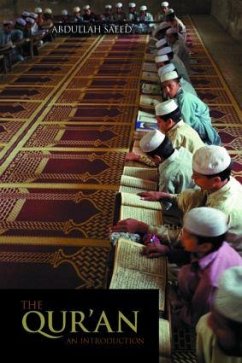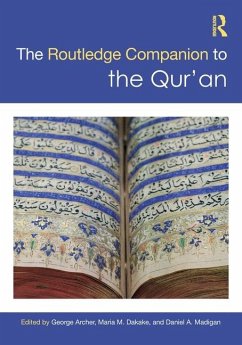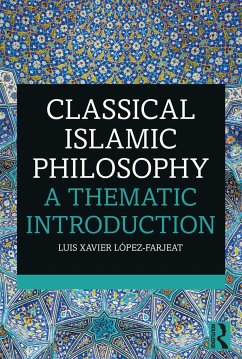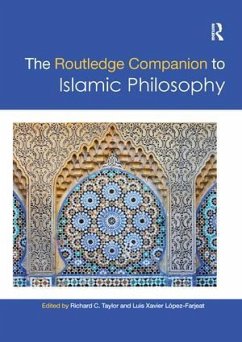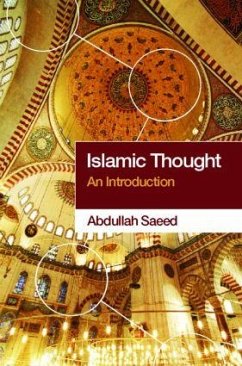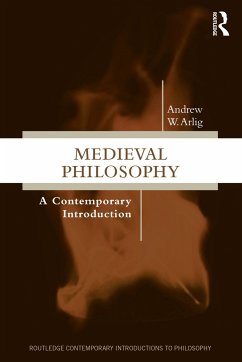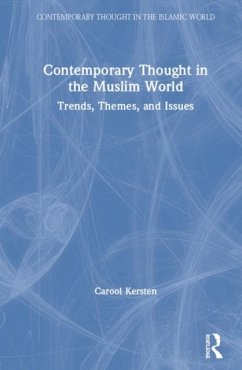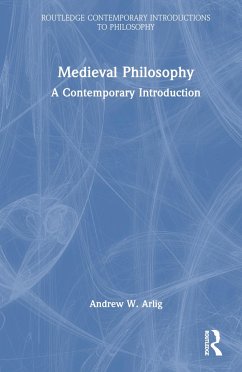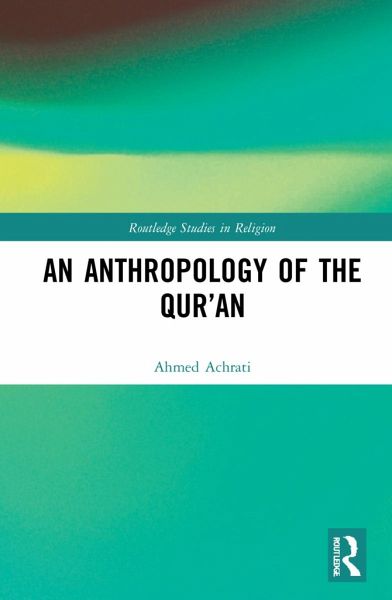
An Anthropology of the Qur'an
Versandkostenfrei!
Versandfertig in 6-10 Tagen
43,99 €
inkl. MwSt.
Weitere Ausgaben:

PAYBACK Punkte
22 °P sammeln!
This book presents an anthropological study of the Qur'an, offering an unprecedented challenge to some of the epistemological and metaphysical assumptions of the tawhidic discourses. Combining primary textual materials and anthropological analysis, this book examines transcendence as a core principle of the Qur'an, uniquely signified in the divine name al-Quddus (the Holy). It shows how the tawhidic representations of Allah constitute an inversion of this attribute; examines how this inversion has been conceived, authorized, and maintained; and demonstrates how it has affected Islamic thinking...
This book presents an anthropological study of the Qur'an, offering an unprecedented challenge to some of the epistemological and metaphysical assumptions of the tawhidic discourses. Combining primary textual materials and anthropological analysis, this book examines transcendence as a core principle of the Qur'an, uniquely signified in the divine name al-Quddus (the Holy). It shows how the tawhidic representations of Allah constitute an inversion of this attribute; examines how this inversion has been conceived, authorized, and maintained; and demonstrates how it has affected Islamic thinking and practices, especially as relates to authority. This book also explores how a return to the Qur'anic primacy of God's otherness as al-Quddus can influence Islamic thinking and practices moving forward. Therefore, it will be highly useful to scholars of Islamic Studies, philosophical theology, Qur'anic studies, political science, ethics, anthropology, and religious studies.






